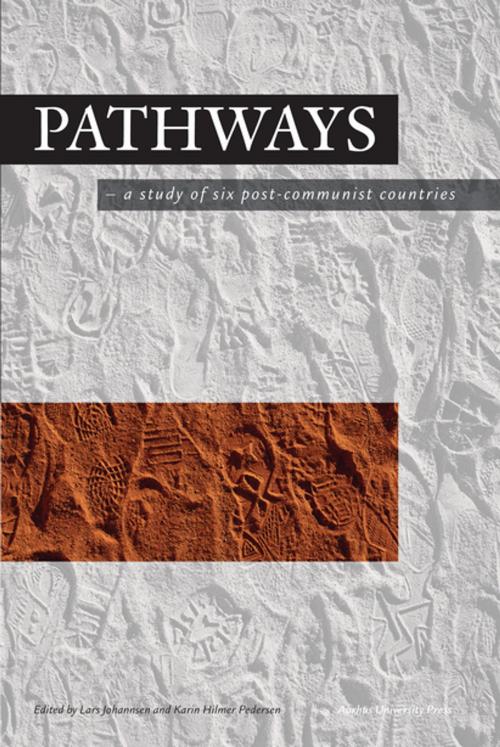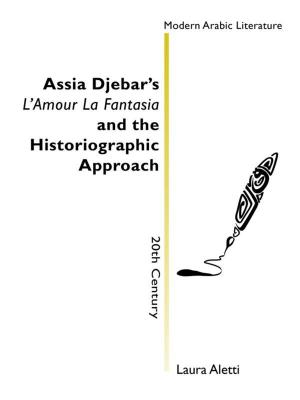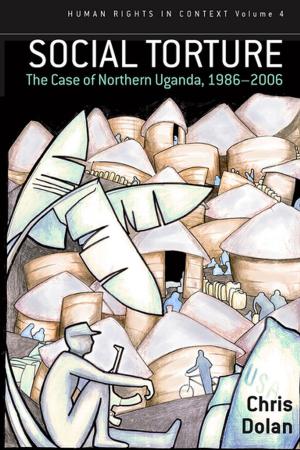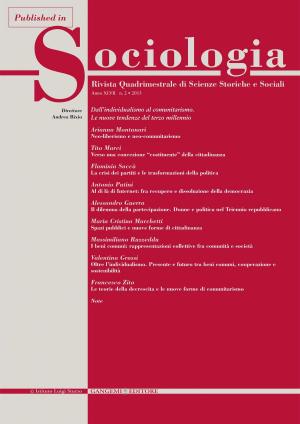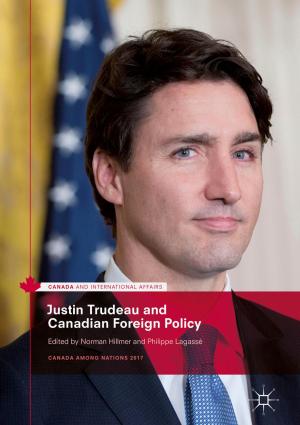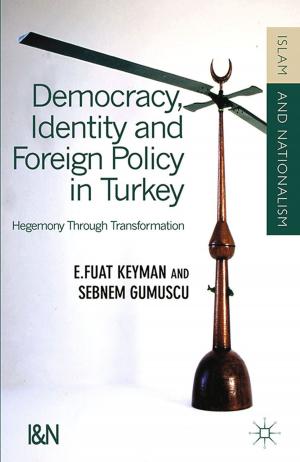Pathways
A Study of Six Post-Communist Countries
Nonfiction, History, Asian, Former Soviet Republics, Reference & Language, Reference, Social & Cultural Studies, Social Science| Author: | ISBN: | 9788771246667 | |
| Publisher: | Aarhus University Press | Publication: | August 30, 2009 |
| Imprint: | Aarhus University Press | Language: | English |
| Author: | |
| ISBN: | 9788771246667 |
| Publisher: | Aarhus University Press |
| Publication: | August 30, 2009 |
| Imprint: | Aarhus University Press |
| Language: | English |
Political and economic developments after the implosion of the Soviet Union have not been easy, nor have outcomes been similar. The different trajectories of political development in post-communist countries are traced through cases from within the post-communist region that exhibit maximum variation in terms of both background variables and outcome. Six countries - Kazakhstan, Georgia, Estonia, Slovenia, the Czech Republic and Poland - have been selected. Following the Tocquevillian tradition, a 'method' of indirect comparison where in-depth knowledge of a country based on linguistics and history is held up against existing concepts, six country specialists have drawn broad pictures of what characterises 'their' country in terms of political and economic reform, state building and nation building, at the same time placing developments within the international context. The book argues that the elite constellation along two dimensions - consensus about the direction of policy and institutions, and the extent of inclusion of elite interests in decision making - is specific to each country and points to the direction of future developments.
Political and economic developments after the implosion of the Soviet Union have not been easy, nor have outcomes been similar. The different trajectories of political development in post-communist countries are traced through cases from within the post-communist region that exhibit maximum variation in terms of both background variables and outcome. Six countries - Kazakhstan, Georgia, Estonia, Slovenia, the Czech Republic and Poland - have been selected. Following the Tocquevillian tradition, a 'method' of indirect comparison where in-depth knowledge of a country based on linguistics and history is held up against existing concepts, six country specialists have drawn broad pictures of what characterises 'their' country in terms of political and economic reform, state building and nation building, at the same time placing developments within the international context. The book argues that the elite constellation along two dimensions - consensus about the direction of policy and institutions, and the extent of inclusion of elite interests in decision making - is specific to each country and points to the direction of future developments.
